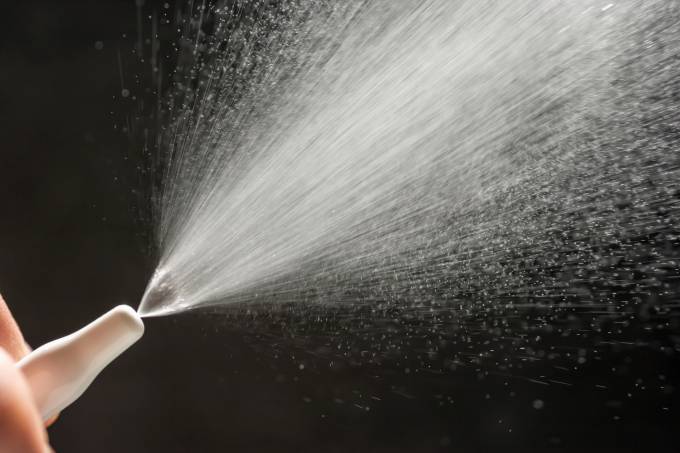RIO DE JANEIRO, BRAZIL – A vaccine with no needle, no pain and no crying – this is the proposal of Brazilian scientists developing a nasal spray immunizer against the novel coronavirus. The vaccine, which has been under development since April 2020, has already shown good results in tests with mice and should be approved by the end of this year (if all goes well).

The concept of developing a spray vaccine was no accident. According to the head of research Jorge Elias Kalil Filho, the goal of the immunizer is to attack the virus at its gateway to the human body: the nasal mucosa.
To this end, researchers identified the most important targets of the immune response. “We see a better performance in a fragment of the spicule protein which is called the binding agent to the receptor [RBD], which is precisely the portion of the spicule protein that binds to the human cell receptor called ACE-2”, he says.
To develop the vaccine, 220 blood samples from people who recovered from the Covid-19 respiratory infection were investigated to understand which fragments of the coronavirus produced an immune response of T cells (responsible for the body’s defense) and which recognized and killed the infected cells.
Based on the studies, the scientists designed a hybrid artificial molecule with T-cell and RBD induction fragments. To carry this “blend” to the immune system, nanoparticles were developed in the laboratory.
The researchers’ goal is to develop a vaccine capable of making the human body produce the cellular and defense immune response, as well as generate a memory cell that will prevent the coronavirus from developing and reproducing after an infection – this is because, up to now, the memory created by the disease itself has not been proven to be lasting.

